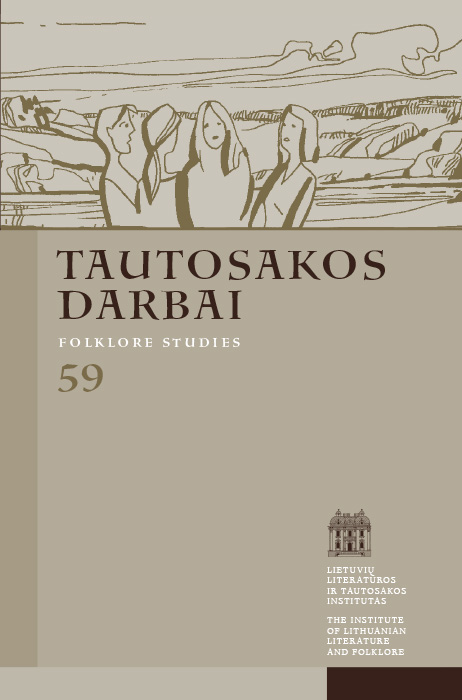Folk Songs: Spaces and Reasons. Ruga, Love, Marriage, Departures
Abstract
This essay sheds light on habits, behaviours, and social practices by focusing on Southern Italian youth and their songs; more specifically, it deals with Calabria in the years between 1850 and the 1900s. Such samples – relics to us – allow us to infer how men and women of that generation communicated within the archaic and highly hierarchical society in which they lived. Sometimes through singing the youth of Southern Italy found a way to bypass prohibitions and to say what could not be normally said in everyday life. Since it is clearly impossible to hear the performers’ original voices, this essay relies on examples of poetry and songs as they were perceived, interpreted and published by philologists, folklorists and anthropologists during the second half of the 1800s. Literature draws on folk song collectors such as Achille Canale, Raffaele De Leonardis, and Francesco De Simone Brouwer. The songs and poems considered deal with the topics of love and disdain (sdegno), while a smaller group deals with the themes of lontananza and spartenza. A combined analysis of folk songs and local literature (Vincenzo Padula, Luigi Accattatis, Cesare Lombroso, Caterina Pigorini Beri et al.) allows us to better understand a context that was based on phenomena such as wooing strategies, kidnappings, ostentation of violence and other social events featured in folk songs, poetry and sayings.
